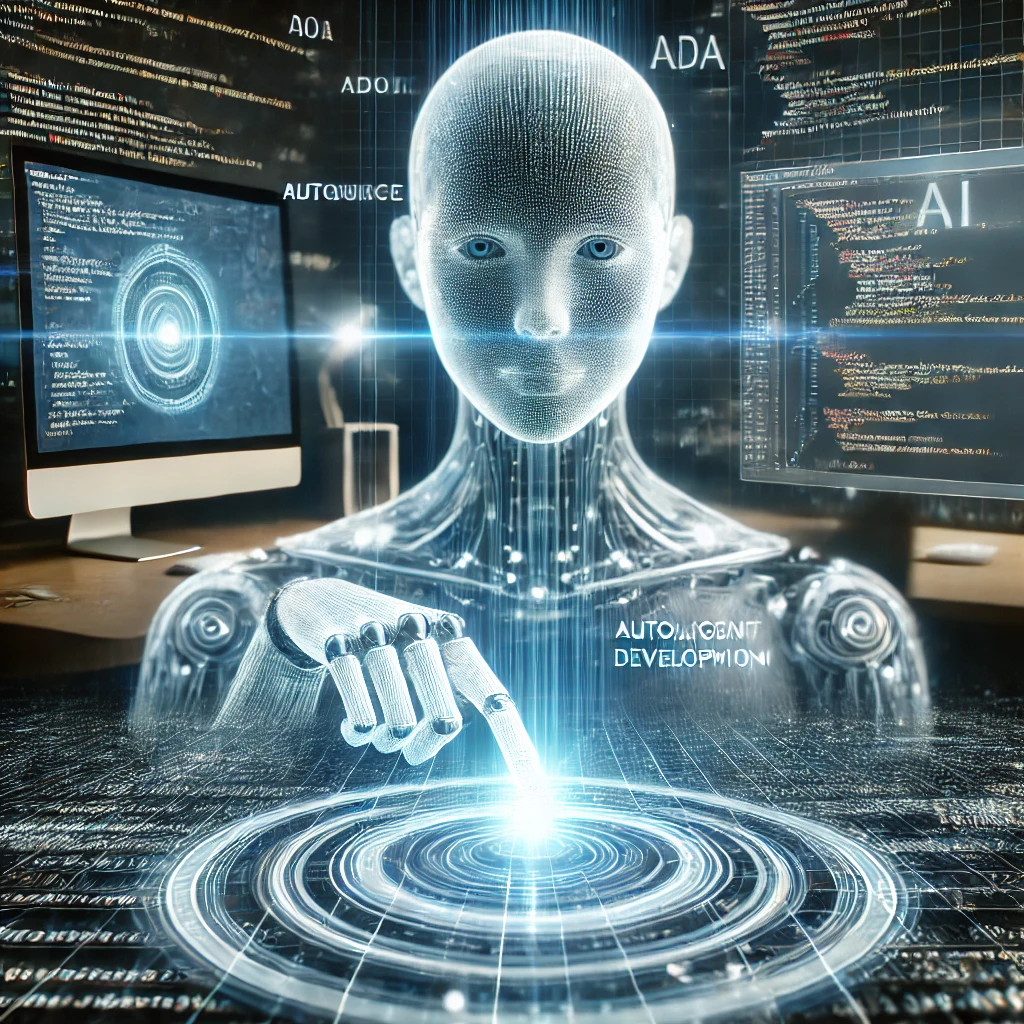AI software agents are transforming the way we build and deploy applications, but how do we create them effectively?
From intelligent coding assistants to autonomous debugging tools, AI-driven agents are reshaping software development. However, developing these AI agents comes with its own set of challenges. What makes an AI agent truly effective? How do we balance automation with control? And what pitfalls should developers avoid?
Let’s break it down.

🚀 What Are AI Software Agents?
AI software agents are autonomous programs that can analyze, learn, and make decisions without constant human input. They assist in:
- Code Generation & Optimization – AI agents help developers write cleaner, more efficient code.
- Debugging & Testing – AI detects errors, suggests fixes, and even self-corrects code.
- Deployment & Performance Monitoring – AI automates cloud infrastructure management and optimizes applications in real time.
But while AI agents promise efficiency, building them isn’t as simple as plugging in an algorithm.
⚠️ Key Challenges in Building AI Software Agents
1️⃣ Data Quality & Bias
AI agents rely on vast amounts of data to learn, but what happens when the data is incomplete, biased, or outdated?
- Poor training data can lead to AI making incorrect or inefficient decisions.
- Bias in data can create flawed recommendations, security vulnerabilities, or unfair algorithms.
🔹 Best Practice: Use diverse, high-quality datasets and continuously refine AI models to minimize bias.
2️⃣ Lack of Context & Business Logic Understanding
AI can generate code, but does it truly understand the problem it’s solving?
- AI may produce syntactically correct code that doesn’t align with the intended business logic.
- It struggles with high-level strategic decisions that require human intuition.
🔹 Best Practice: Implement human-in-the-loop oversight to ensure AI-generated solutions align with business goals.
3️⃣ Debugging AI-Generated Code
Ironically, AI agents designed to debug software can sometimes introduce new, unpredictable issues.
- AI-written code may work in simple scenarios but break in edge cases.
- AI explanations for its decisions are often unclear, making debugging difficult.
🔹 Best Practice: Combine AI-generated insights with manual code reviews to catch hidden errors.
4️⃣ Scalability & Performance Optimization
AI agents must process large datasets and execute decisions in real time. But scaling AI efficiently is no small feat.
- Poorly optimized AI models can slow down software instead of improving it.
- High computational requirements can make AI agents costly to run.
🔹 Best Practice: Optimize AI models for efficiency, using techniques like transfer learning and edge computing for faster, lightweight execution.
5️⃣ Ethics, Security & Compliance
What happens when AI software agents make unethical or insecure decisions?
- AI can introduce security vulnerabilities by generating insecure code.
- Compliance issues arise when AI decisions don’t align with industry regulations.
🔹 Best Practice: Implement security-first AI development, with automated security audits and human oversight on critical decisions.
🛠️ Best Practices for Building Effective AI Agents
Now that we’ve explored the challenges, here’s how to build AI software agents that are reliable, scalable, and effective:
✅ Start Small & Iterate – Begin with narrow AI capabilities, then expand gradually.
✅ Train on High-Quality Data – Ensure datasets are clean, diverse, and regularly updated.
✅ Use Explainable AI (XAI) – Design AI models that provide transparent insights into their decision-making.
✅ Keep Humans in the Loop – AI should enhance, not replace, human judgment.
✅ Prioritize Security & Compliance – AI must adhere to best coding practices and regulatory requirements.
🔮 The Future of AI Software Agents
AI software agents are rapidly evolving, but will they ever fully replace human developers? Likely not—at least, not entirely. Instead, they’ll serve as powerful tools that enhance human creativity, automate repetitive tasks, and enable developers to focus on high-level innovation.
What do you think? Are AI-powered agents the future of software development, or do they still have a long way to go? Let’s discuss!